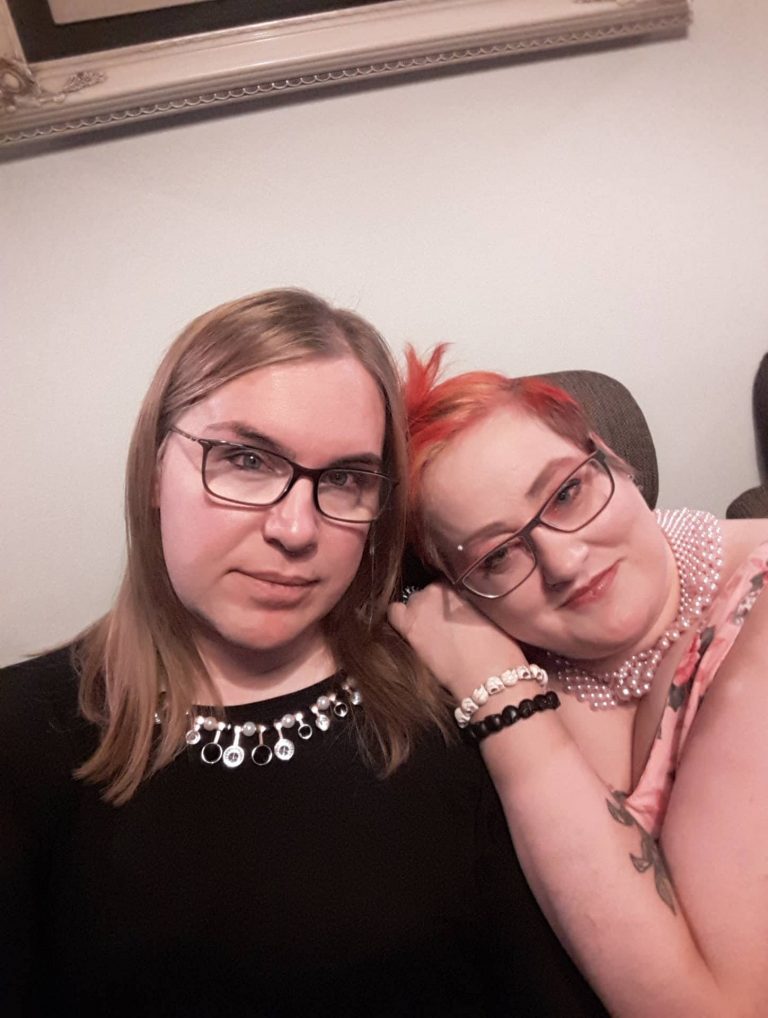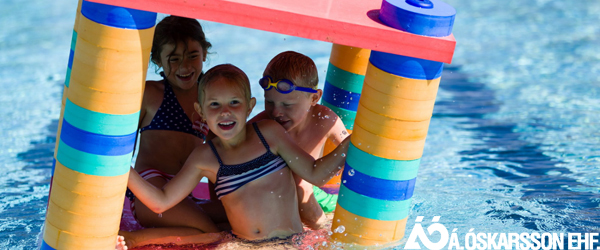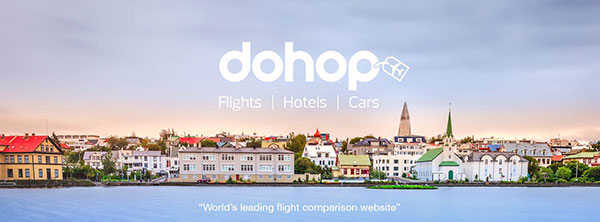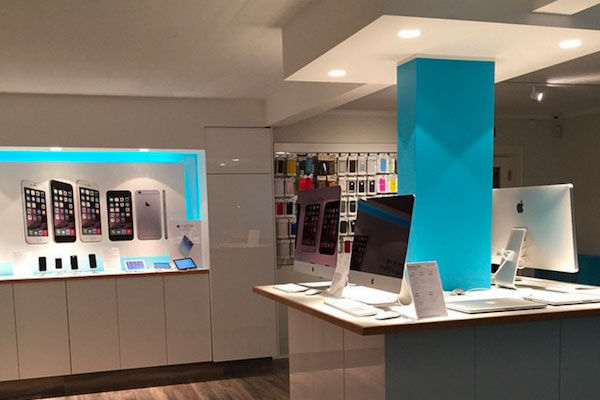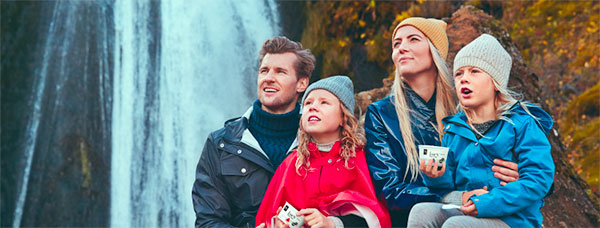Across Iceland, the COVID-19 pandemic has forced people to stay home and practice physical distancing to prevent the spread of the virus. For the queer community, this means that important community networks and connections have had to adapt to this new reality. GayIceland speaks with queer Icelanders about how they are coping with the isolation.
For Bára Halldórsdóttir, the COVID-19 pandemic is a chance for people to spend some time in her shoes. Bára has a rare illness called Behcet’s, which is a chronic autoimmune disease that often causes her pain and restricts her mobility. Because of this, she is often restricted to her home for days and even weeks at a time.
For the most part, Bára says her life has remained the same during the pandemic. “I always have to worry about my health anyway,” she says. “I used to kind of live like this, except I had an extension of myself, which was my wife, so she could physically do stuff or drive me places.”
“I woke up and there was an alien in front of me, like in full hazmat gear,” she explains. “For the first time in a very long time I was like, ‘Shit I’m in the hospital, I’m scared.’
However, there are some important differences. “I haven’t had to be as afraid of the normal person as I am now,” she says.
Bára has had to visit the hospital twice since the pandemic began. The second time it was because she fell in her bathroom and hit her head. “I woke up and there was an alien in front of me, like in full hazmat gear,” she explains. “For the first time in a very long time I was like, ‘Shit I’m in the hospital, I’m scared.’ Not because of the hospital or the people that I trust there, but because I’m in close proximity to people who might get me more sick than other people,” she says.
“I got that moment of like, ‘Oh fuck, there’s a person coughing on the other side of the room’,” she says. “That was a very interesting moment because part of me was like, ‘Oh my god take me away from the monster,’ and then I was like, ‘Oh wait, it’s a human being’.”
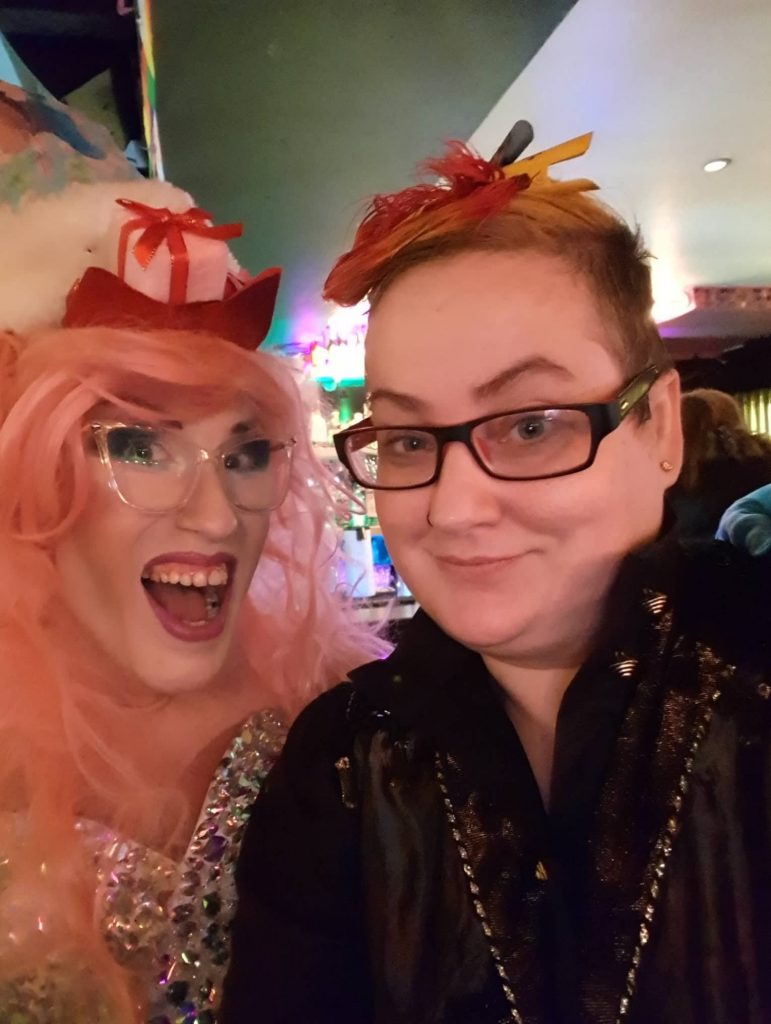
There are also important parts of her care that Bára is not able to access because of the pandemic. For example, she is no longer able to go to physiotherapy and certain medical procedures have to be postponed. “I can’t get my basic care because I’m battling with people who need it more,” she says. “But I still need that basic care. It’s not going away.”
Despite the challenges, Bára says there are some lessons that people can learn from the disability community when it comes to coping with the pandemic. For people living with disabilities, she says social isolation is often a way of life.
“It’s more acceptable to not show up everywhere,” she says. “It’s more acceptable to do things over the computer like this. This is how I would love the society to just work in general. You don’t have to always be everywhere.”
“You have to re-pace yourself,” Bára says when asked what some key lessons are. “If you’re going to have the same speed at home as you had in your everyday life, your house is going to be remodeled three times in the first month you are at home.”
“If you had a very rhythmic life before — I go to work, I come home, etc. — make that system at home. Even if that just means having a work chair,” she says. “Don’t fall into working sixteen hour days and then nothing for three days.”
Bára says it also helps to sit down and write a list of all the things you are scared of. For example, what parts of your life or your routine will you have to forego because of the pandemic. Ask yourself, “Which of these things are very nice to do and which of these things are important to do?”
“You have to ask for help. And you have to ask for help before you’ve gone into a horrible situation.”
Bára says this can help distinguish between things that need to get done to survive, such as going to the grocery store or walking your dog, and things that can be saved for self care. “There is of course no situation where you end up with, ‘This is great, this is going to be a lovely life!’ Because you’re always going to worry a little bit about the state of the world,” she says.
“But that’s basically been my life and everybody’s life who is disabled or who has come out as trans late in their life or whatever,” Bára adds. “You don’t have a safe place in the world.”
The most important thing to remember during this time, according to Bára? “You have to ask for help,” she says. “And you have to ask for help before you’ve gone into a horrible situation. So ask for help — there’s no shame in it now.”
Main photo: Bára with her wife, Hrafna.
See also: Coping with COVID-19: “Waiting for news from home is terrible”

